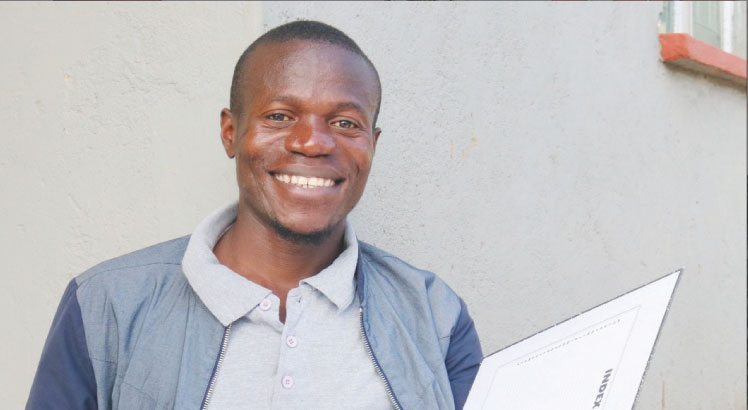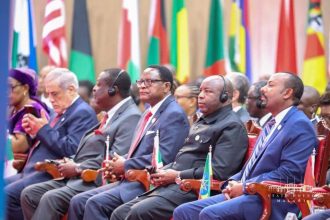Rescued in a nick of time
Prisca Tekwatekwa of Traditional Authority (T/A) Nanseta in Thyolo and MacDonald Kayira of T/A Kyungu in Karonga live 1 000 kilometres apart and pursue different courses at different public universities.
However, they share a common story: Their chance of completing their studies this year was in danger after they failed to pay tuition fees.
They are among 259 final year students in five public universities who owe their continued schooling to a K92 million grant from the Strengthening Higher Education Access in Malawi Activity (Sheama), funded by the US Agency for International Development (USaid).
Prisca thanks the initiative implemented by the Arizona State University in partnership with all local public universities.
“It was a nightmare which I would not wish to happen even to my enemies,” says Prisca, a final year bachelor of accountancy student at Malawi University of Business and Applied Studies (Mubas).
For three academic years, the Higher Education Students’ Loans and Grants Board was paying for Prisca’s fees.
This helped her study with a peace of mind and excel in class. She eagerly waited to enter her fourth year, graduate and hopefully find a job.

However, the dreaded thing happened: Her name disappeared from the loans board shortlist.
The 23-year-old recalls what followed a few weeks later.
Prisca recalls: “One morning, I was summoned to the college registry where I was told to settle the fees balance or consider myself withdrawn from college.
“I was asked to withdraw and return the following year with full fees, if I wanted to learn. However, this would have delayed my graduation by a year.”
Her unpaid tuition fees had accumulated to K300 000 and she knew that her mother, a primary school teacher and single parent of five, could not afford. Her mother sells homemade foodstuffs to supplement her salary and keep her children in school.
Apart from the Mubas learner, the woman has three other children in college—one at Mzuzu University, another at Catholic University and a third at Soche Technical College.
To Prisca’s great relief, the dean of students’ welfare invited her to meet with Sheama officials who had come to meet with students in her predicament.
“That’s how I survived and will be able to finish my studies this year and graduate together with the rest,” she explains.
Such stories are common among college students from poor families.
MacDonald, a fourth-year bachelor of science in agriculture and Applied Economics student at Lilongwe University of Agriculture and Natural Resources (Luanar) is another.
For three years, his tuition was being split-funded by well-wishers and sales of rice from his small garden in Karonga. Every year he would miss classes because of unpaid fees.
Sheama stepped in when his outstanding balance reached a staggering K1 839 500.
“I was supposed to finish last year, but did not sit my exams after failing to pay fees. I would also have failed to finish this year for the same reason if it were not for the financial assistance from USAid through Sheama,” he shudders.
MacDonald spends his holidays with well-wishers in Lilongwe because he cannot afford transport to his village in Karonga.
The learner at Luanar City Campus knows many students who have struggled to stay in college due to lack of fees, accommodation and upkeep.
The academic loans board reports that 23 423 students from both public and private universities applied for loans in the 2022/23 academic year. Out of them, 22 423 were selected while 1 000 missed out.
The students bailed out by Sheama were among those left out.
Sheama chief of party Dr Zikani Kaunda says: “While the loans board is casting its net wide to accommodate many students who cannot afford college education because of their poor backgrounds, it is clear that many more vulnerable students are left out leading to others to even fail to complete their higher education studies.
“When Sheama received requests from the five universities about the predicament the 259 finalists who were about to drop out, we consulted USaid. We thank them for giving us a go-ahead for these students to complete their studies, graduate and become productive citizens to their country.”
Having experienced near-misses on their education sojourn, Prisca and MacDonald appeal to government and its partners to invest more in education for the benefit of the country’s youthful majority.
“I have gone through hell and missed many classes on the way. This is not conducive to learning and does not level the playing field,” says MacDonald.
With the fees burden lifted off her shoulders, Prisca can pursue her ambition to be a financially independent and influential woman like her Vice-Chancellor Associate Professor Nancy Chitera.





